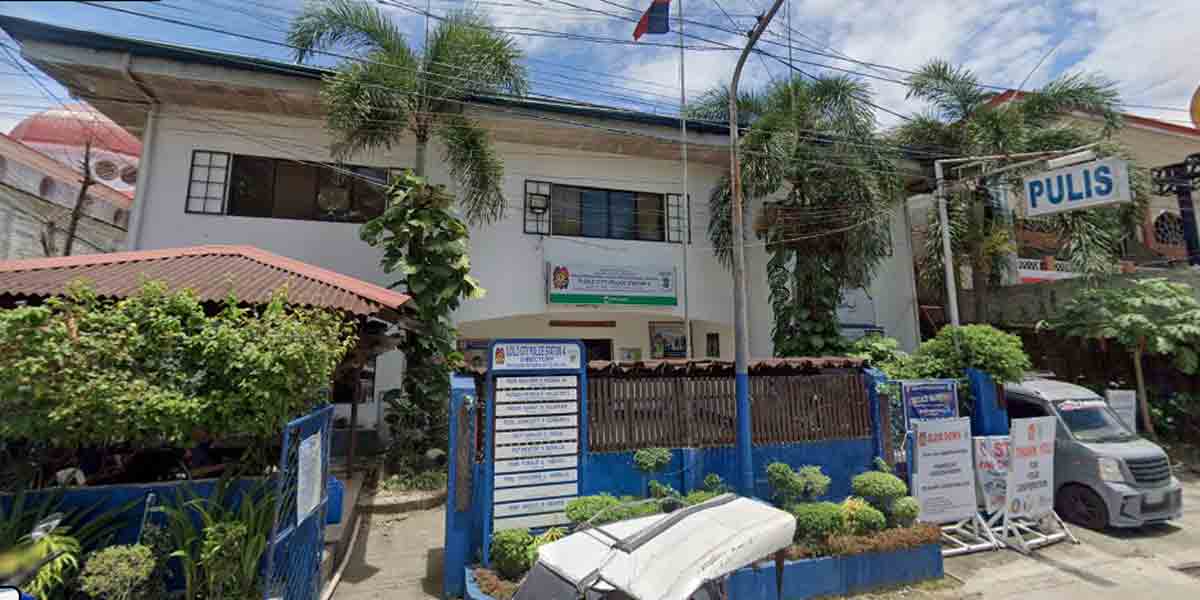By Herbert Vego
THERE was a time when former Senator Manny Pacquiao, an ex-Roman Catholic, earned the ire of the gay community when he condemned the latter for lobbying to legalize same-sex marriage. He quoted Bible verses, such as:
“If a man has sexual relations with a man as one does with a woman, both of them have done what is detestable” (Leviticus 20:13).
“Neither fornicators, nor idolaters, nor adulterers, nor effeminate shall inherit the kingdom of God” (I Corinthians 6:9).
Obviously, non-gay priests and pastors would agree with Manny; they have been quoting similar Bible references.
But the gay ones – who must have felt “guilty” of the forbidden game that might condemn them to perpetual torment in hell – would be glad to know that no less than the Church’s head, Pope Francis, stands by them.
My research led me to a news story about Pope Francis flying with a reporter from the National Catholic Review on his flight back to Rome from a week-long tour of Brazil. The reporter asked him to comment on the “gay lobby”?
Pope Francis’ unexpected answer: “If a homosexual person is of goodwill and is in search of God, I am no one to judge.”
Gays around the world naturally take it to mean that the Pope himself approves of homosexuality regardless of Bible verses condemning it.
The Pope could have been paraphrasing Jesus Christ who had said: “Judge not, that you may not be judged” (Matthew 7.1).
In the same interview, the Pope admonished his flock to also shake off their obsession against abortion and contraception, and become more merciful or risk the collapse of its entire moral edifice “like a house of cards.”
No doubt such comments, while okay with Liberal Catholics, do not sit well with dogmatic bureaucrats who cited the contrasting view of his predecessor, the late Benedict XVI, who had described homosexuality as an “intrinsic disorder.”
An article published by Civilta Cattolica (an Italian Jesuit journal) quoted the Pope, “Religion has the right to express its opinion in the service of the people, but God in creation has set us free. It is not possible to interfere spiritually in the life of a person.”
Church leaders who disagree with him are not expected to voice their contrary views out. But those who agree have openly defended him.
“What is clear is that he does not think like a classicist who sees the world in unchanging categories. He is a storyteller like Jesus, not a philosopher,” said Father Tom Reese, an American Jesuit and author of several books on the Vatican.
John Gehring, Catholic program director at Faith in Public Life, a liberal advocacy group in the United States, said, “This Pope is rescuing the Church from those who think that condemning gay people and opposing contraception define what it means to be a real Catholic.”
It would be very embarrassing to take action against homosexuals, since everybody knows of gay priests who have come out of the closet.
-oOo-
CONVERSATION WITH ILED LEADERS
I had the pleasure of breaking bread with two newly elected officials of the Iloilo Local Economic Development (ILED) Foundation, Roel Z. Castro, president; and Joseph “Bonnie” Ladrido, executive director, at Hotel del Rio.
Everybody knows Castro as the indefatigable president/CEO of MORE Electric and Power Corp. (MORE Power), and of the Negros Electric and Power Corp. (NEPC).Ladrido, whom I met for the first time, is executive director of the Institute of Contemporary Economics. Their common mission at ILED is to find ways and means to pump up the Iloilo economy.
Our conversation centered on the reality that the Philippines is a consumption economy highly dependent on consumer spending. This means that if consuming goods and services does not increase the demand for such goods and services, it leads to a fall in production, which could lead to lay-off of workers.
Our “saviors,” Ladrido noted, are our overseas Filipino workers (OFWs) who have much to do with keeping our economy sustainable.
Such a view reminded me of seafarers in our barangay in Antique, whose incomes have enabled their families to replace their nipa huts with concrete homes and to buy their needs and wants.
Unable to keep up with OFWs, the working class opting to stay in the country make do with insufficient wages.
Knowing that reality (he has been lending an ear to the least fortunate), Castro said that he had always worked for ways to keep electricity affordable in MORE Power’s turf. The residential electricity rate for MORE Power today is ₱11.0432 per kilowatt-hour (kWh), the lowest in Western Visayas.
That must be why, in less than five years since its starting month in February 2020, the number of MORE Power’s customers has jumped from 62,000 to 100,000.





















